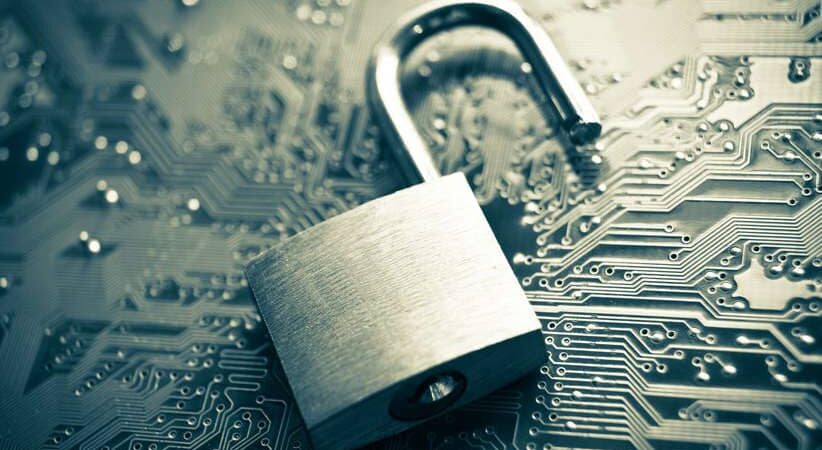
Technology has a Midas touch when it comes to improving our lives. From computers doing calculations to social media helping us keep up with our friends and relatives, the effects of the internet are endless.
We’re becoming increasingly dependent on our digital boxes of entertainment at a hidden cost.
Cybercrime is stealthy and almost untraceable. The guy in the grey hoodie with a laptop in his basement doesn’t exist, he’s just in the movies. Hackers are everywhere and out to get your data in every way, shape, or form.
It doesn’t matter if it’s an email, password, credit card, private keys to your crypto, government secrets, or company data. They’re waiting for mistakes, and there are plenty.
What is cybersecurity?
Cybersecurity is the ability to defend your devices from cyber-attacks. It’s like self-defense for your phone and laptop. If you live in a high-crime neighborhood, it makes sense to attend a few boxing lessons to learn how to defend yourself.
But hackers are sneaky and want to knock a few punches when you aren’t looking. They use man-in-the-middle attacks to compromise data when you connect to public Wi-Fi.
They plant malware in PDFs by sending fake job offers. When they compromise one device, they move on to the next one by creating fake scenarios to get others to click on links. The list goes on.
Usually, they wait for the perfect time to strike and deal incredible damage. Just like muggers waiting for you to pick up cash from the ATM, hackers remain until you receive your paycheck to drain it instantly.
Using ad block, antivirus programs, and VPNs is like having a team of Navy SEALs around you at all times.
These programs are on the lookout for suspicious activity, hide your identity by masking your IP address, and scan everything you install on your devices.
Why should we all care about it?
The concept of cybersecurity spreads to every aspect of our lives. Most people aren’t aware of the dark web, which is a place where evil thrives.
Illegal activities, arms dealing, hacking, and human trafficking still exist, and they all share one thing in common – cybercrime.
Hiring a hacker is relatively easy if you know your way around the dark web, and placing a target on somebody has never been easier.
Credibility and public image are also endangered. Suppose a company has mass data storage of their customers’ credit card information and gets breached. Good luck in saving face or staying in business.
People share sensitive information with the hopes of businesses keeping it secure. You wouldn’t share your password if you knew that it would land in a hacker’s hands.
Of course, we could have the best systems in the world, but they will still be subject to human error.
Writing the login credentials for your work email through WhatsApp or Messenger might feel like a good idea at that moment, but it can save a company millions of dollars.
That’s just one of the slip-ups that can happen on social media. Sharing that you’re going on a holiday beforehand tells onlookers that your apartment will be empty the following week, and they can go in and do as they please with your belongings.
Being strict when protecting your privacy and data online should be priority number one for individuals and companies.
The most expensive thing in the 21st century is information. Make sure you keep yours under lock and key!
How to secure yourself?
Cyber threats are evolving rapidly. It’s challenging to keep up with the newest trends, but it’s necessary. Since most individuals and companies don’t have a massive budget devoted to cybersecurity, the next best thing is education.
Becoming aware of the dangers lurking in the shadows would make you think twice before clicking on a link saying that you’ve won the lottery, a free trip to Italy, or to download a file out of nowhere.
Backing up your data on another device in addition to the cloud is always a good idea in case of a breach. It’s essential to do so regularly so you can access vital data in the event of a loss during a cyberattack.
Hundreds of hacks are happening every day. In this day and age, it’s not a question of whether you’ll be targeted. It’s a question of when. And when that time comes, it’s better to be ready and protected.
Switch up your passwords occasionally, update your software, and keep confidential data secret. Make it as hard as possible for the attackers, and they’ll quit and move on to another target.


